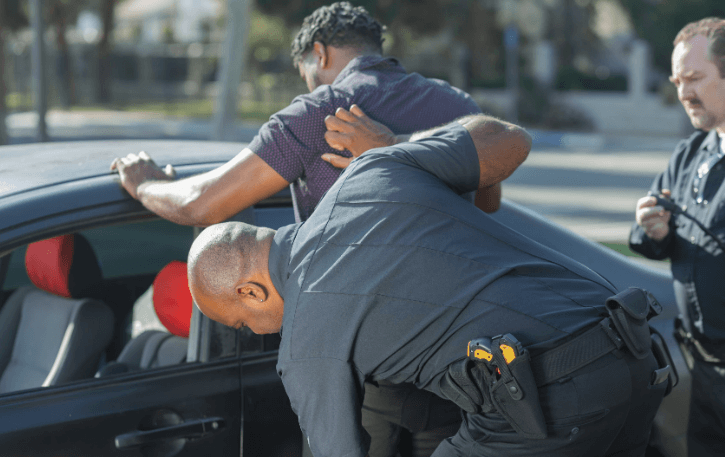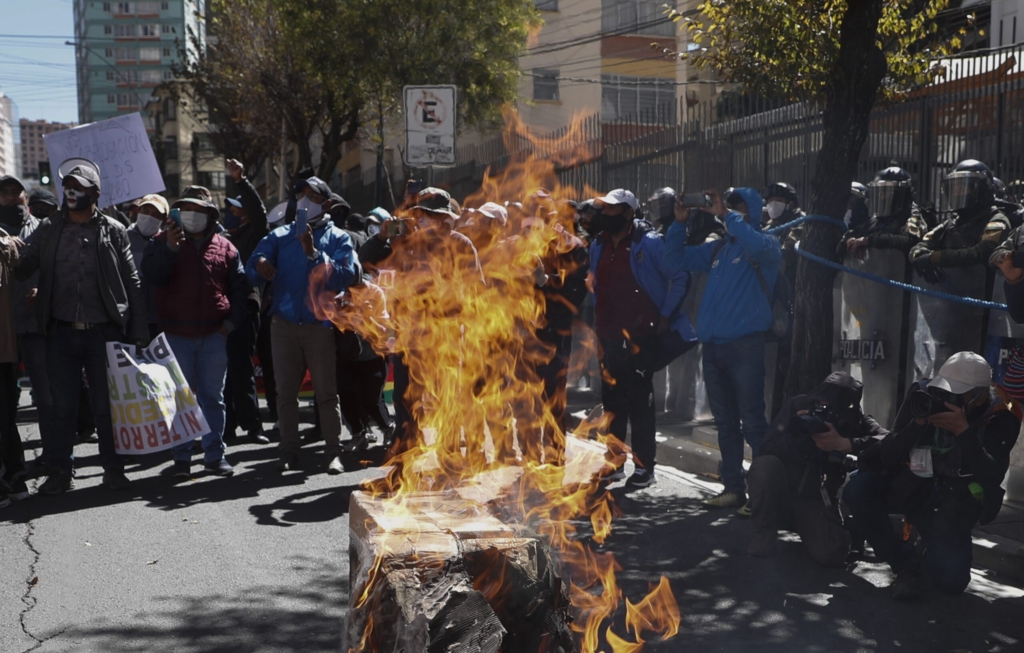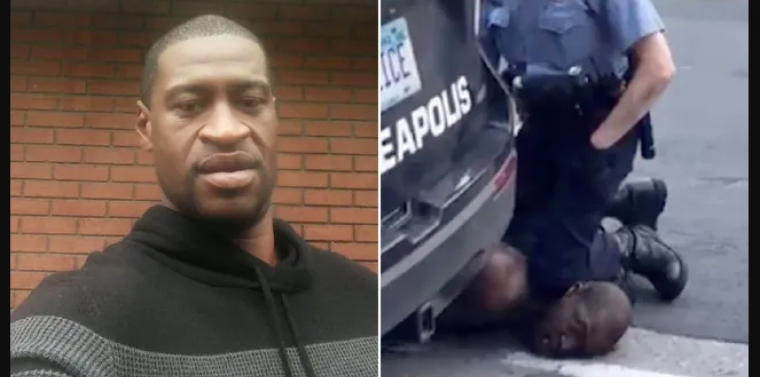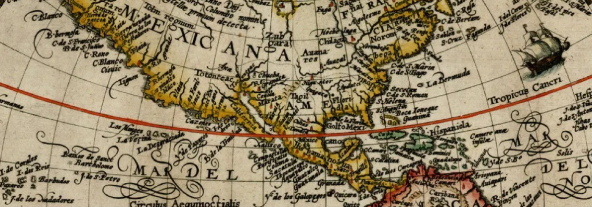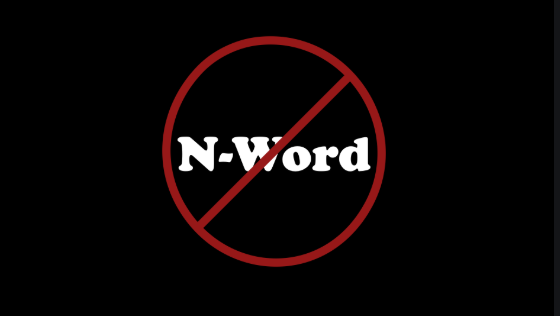So after 40 years of “tough on crime,” it’s come to this. In addition to the military-industrial complex, we have the penal system / financial complex as something to worry about. We now have perverse incentives in place to continue the expansion of incarceration as the answer to all of our societal problems. It makes perfect sense to keep building new facilities whose sole purpose is to enrich the corporate investors, who enable governments to pretend they are addressing their crime problems by locking up miscreants for longer sentences. All in the name of being tough on crime, which politicians love to tout to their voters.
In the October 15 issue of Science Magazine, there’s an outstanding summary of current research and trends in the social sciences regarding incarceration in the US. They show how the past 40 years of tough on crime has ignored secular trends on reduced crime rates (yes, homicide rates for the last couple of years have gone up). Instead, the incarceration rate keeps going up, and we are building a class of people who find it impossible to function in society after they are released from prison.
Keep Reading
